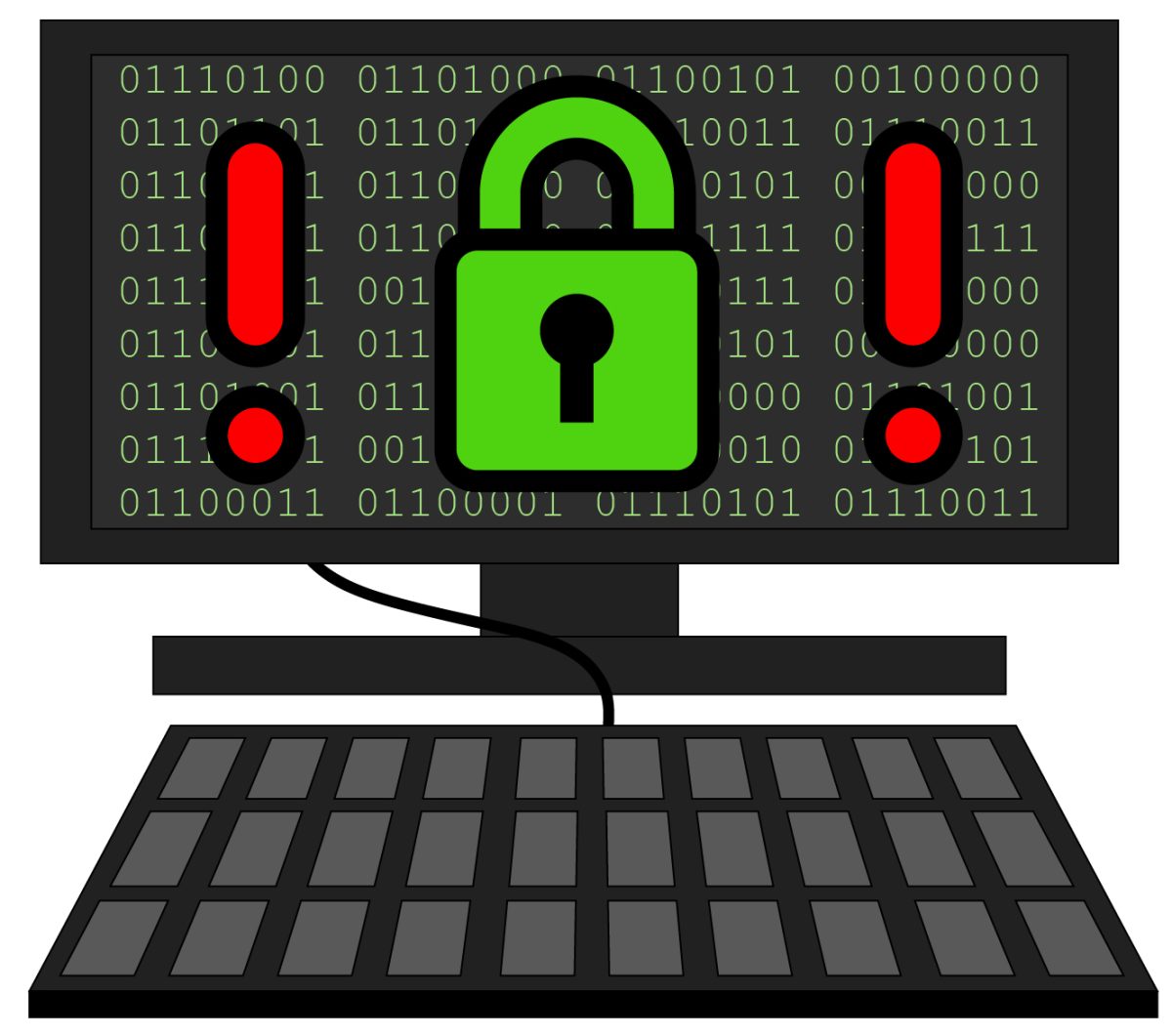A massive data leak, the size of which has never been seen before, has recently been discovered by a team of cybersecurity specialists. Cybernews, the team’s employer, released a report in late January detailing what they referred to as the “Mother of All Breaches,” or MOAB for short. Rather than an entirely new leak, the MOAB is a compilation of many previous security breaches, which totals up to roughly 26 billion records, containing both credentials and user-sensitive information.
The owner of the database from which the information was taken has been revealed to be Leak–Lookup, a data breach search engine. They stated the cause of this leak was due to a “firewall misconfiguration” on their end, which has since been fixed.
It is believed that even though the MOAB contains mostly previously leaked records, even including duplicates within itself, there are more than likely new records contained in it as well. This is hinted at by the fact that Cybernews has their own data leak checker, which contains data from all major leaks, totaling around 15 billion records, whereas the new leak contains 11 billion more, indicating a high probability of new records.
A full list of companies affected by the MOAB is provided by Cybernews, as well as a brief list of companies with over 100 million records leaked by the breach. Among these include Tencent, a Chinese technology-focused conglomerate, with around 1.5 billion records leaked, Twitter with 281 million, LinkedIn with 251 million, and Adobe with 153 million. Along with company records, the leak also includes records from multiple government organizations in numerous countries.
This massive breach has led to fears of an increase in cyber-attacks, coming in the form of credit stuffing and phishing. Cybernews recommends those who fear their data has been leaked via the MOAB to use their Personal Data Leak Checker, which has now been updated to include data from the MOAB. The system allows users to run their emails through the database, returning any matches indicating their data has been leaked as well as the leak’s origin.
Privacy Overview
This website uses cookies so that we can provide you with the best user experience possible. Cookie information is stored in your browser and performs functions such as recognising you when you return to our website and helping our team to understand which sections of the website you find most interesting and useful.





